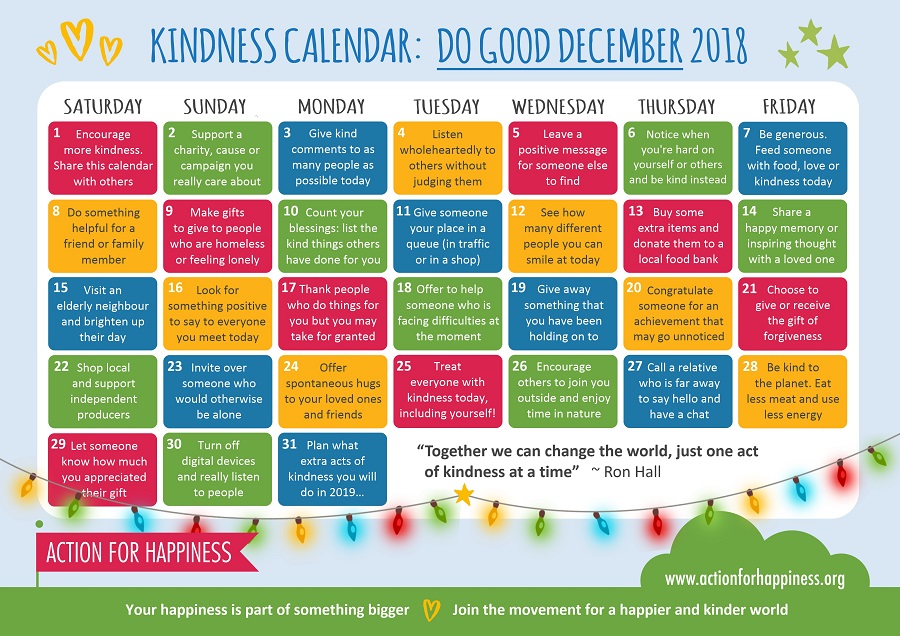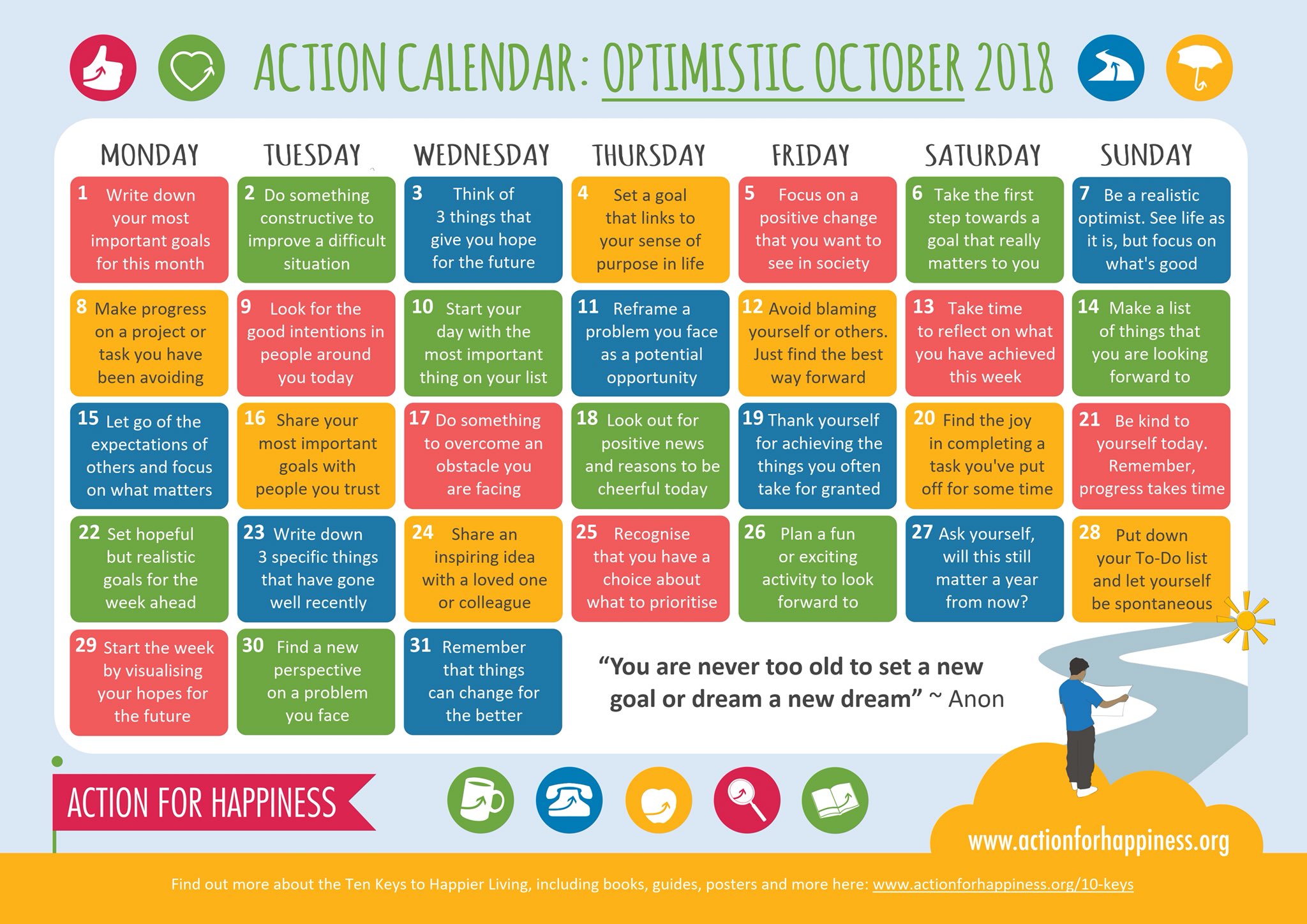I haven´t posted anything new on Mappalicious for quite a while – but I think now is a good time to do so. Yesterday, I was interviewed live on German TV, talking about the short-term and long-term implications of the corona crisis for psychological well-being. While getting home from Cologne to my hometown on an almost empty fast train, I had some time to reflect on the last weeks – and what I´ve towitnessed either personally or via the media.
Covid–19 constitutes a world-wide health emergency and an ensuing threat to the global economy. While addressing the nation on national TV some days ago, Chancellor Merkel said the situation presents a challenge to my fellow Germans that can only be likened to the herculean efforts that were invested after the re-unification 1989/90 – or possibly even when trying to rebuild the nation after World War II.
 Some people will definitely feel it might be too early to even think about the possible positive consequences of this dreadful situation. Yet, I consider myself an eternal optimist, I just can´t help it. We have already seen multiple accounts of environmental upshots and “nature” reclaiming some of its proper territory as an outcome of billions of people shutting down travel and other human activities that cause pollution. But, being a psychologist, my thoughts center on the possible long-term upshots for the human condition.
Some people will definitely feel it might be too early to even think about the possible positive consequences of this dreadful situation. Yet, I consider myself an eternal optimist, I just can´t help it. We have already seen multiple accounts of environmental upshots and “nature” reclaiming some of its proper territory as an outcome of billions of people shutting down travel and other human activities that cause pollution. But, being a psychologist, my thoughts center on the possible long-term upshots for the human condition.
Beyond Resilience and Bouncing Back
After finally getting home, I revisited some of my earlier writing on a phenomenon that, in my branch of psychology, goes by the name of Posttraumatic Growth (PTG). While much of the research on the consequences of traumatic life events focuses on negative outcomes and their mitigation (coping with Posttraumatic Stress Disorder; PTSD), by now there is a lot of research that hints at a path that, in the long run, is markedly different from just coping and eventually bouncing back. It is true that traumatic experiences can leave people shattered. But that is by far not the only possible trajectory.
A sizable body of extant research, initiated via seminal work by researchers Richard G. Tedeschi and Lawrence G. Calhoun, is able to demonstrate that, over time and under the right conditions (especially lots of social support), people may manage to reach a markedly higher level of psychological functioning compared to the time before the critical incident. In case it occurs, PTG tends to manifest itself via five pathways that can occur separately, in conjunction, or somewhat consecutively (not necessarily in the order given below):
Now, while the corona virus is still rampaging and will likely continue to do so for quite a while, I cannot help but notice the incipient signs of PTG – basically everywhere I look. It is utterly terrible that so many people are dying or losing their jobs right now. But that is only a part of what´s going on. Globally, people suddenly manage to cherish the “simple things” again: The fact that they themselves and their loved ones are still healthy. The safe space of their homes, and at best, gardens. The music. That sizable stockpile of toilet paper (but that´s another story…).
Traditional zero-sum games suddenly are turned into non-zero-sum games. On a global scale, individuals (and even lots of for-profit organizations, for that matter) start supporting, caring, and rooting for each other in unprecedented quantity and quality. They freely share their resources, their knowledge, and their time. We swiftly learn how to lead, learn, and love in new ways, a lot of them involving the smart use of digital technologies.
While oftentimes, many people feel helpless in times of crisis and wait for some kind of savior (in Germany, mostly in the form of “the government”), I see folks getting creative about their personal lives and their businesses, ramping up their sense of self-efficacy and ownership, developing a distinct can-do attitude. I could go on endlessly with these observations – but you get the picture.
Outlook: Has Hollywood told us the Truth all along?
Now and then, I feel we´re all turning to that part of the plot from cheesy disaster movies where people, towards the beginning of the third act, recognize a sense of urgency and unity. Suddenly, they bury the hatchet and finally start to cooperate in order to beat up alien arses. Just, in real life it´s not cheesy at all. It´s strikingly beautiful (e.g., watch the Spanish police force root for hospital staff in Madrid). In more places than not, the corona virus brings out the best in people.
While I´m an optimist and tend to (force myself to) look on the bright side, I don´t classify as a naïve ignoramus. I am fully aware that, in all likelihood, most people will revert to more self-serving behaviors when we´ve found a way to adequately deal with this pandemic (first and foremost, when a reliable vaccine has been created). A quick look at history suggests this is a sure bet. My hope is that more folks than not will not go back all the way.
Time and time again, psychological research has exposed the fact that creating significant and lasting changes in human behaviors (without an external crisis) is strikingly hard. It becomes all the more difficult when people imagine that change to be a black-or-white, all-or-nothing game. In this spirit, I remember learning from management professor and leadership luminary Kim Cameron at University of Michigan, shortly before Christmas 2017. He imbued us with the idea that changing a behavior to the extent of just one percent, but then sustaining that effort for 365 days, will make a difference that makes a difference – be in our personal lives or within organizations. Now, this is what I hope for, for myself and all of mankind:
Let´s make sure we all sustain at least one percent of what we´re all doing better right now – when all of this is through. Let´s sustain one percent for a year. And then another one. And another…
Prof. Dr. Nico Rose is a German organizational psychologist. He currently teaches at International School of Management (ISM), Dortmund, Germany. From 2010 – 2018, he worked for Bertelsmann, Europe´s premier media company, most recently as VP Employer Branding & Talent Acquisition.
Credit: Hope picture









